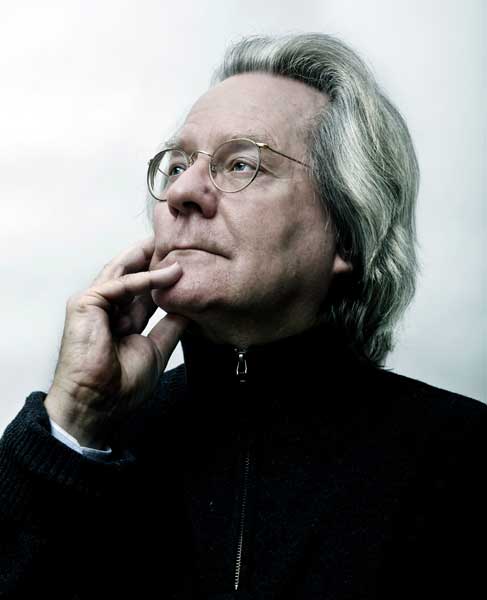AC Grayling: 'Work was my way of dealing with my sister's murder'

Your support helps us to tell the story
From reproductive rights to climate change to Big Tech, The Independent is on the ground when the story is developing. Whether it's investigating the financials of Elon Musk's pro-Trump PAC or producing our latest documentary, 'The A Word', which shines a light on the American women fighting for reproductive rights, we know how important it is to parse out the facts from the messaging.
At such a critical moment in US history, we need reporters on the ground. Your donation allows us to keep sending journalists to speak to both sides of the story.
The Independent is trusted by Americans across the entire political spectrum. And unlike many other quality news outlets, we choose not to lock Americans out of our reporting and analysis with paywalls. We believe quality journalism should be available to everyone, paid for by those who can afford it.
Your support makes all the difference.Religious morality cuts across the grain of human nature It tends to ask us to deny things that are natural to us: restraint in sexual matters, fear of the body. In the humanist tradition, the way we think about flourishing lives has to be premised on facts about what it is to be human, rather than needing to pass some kind of purity test for an eternal afterlife. You can be a moral person by simply recognising the responsibility you owe to other people.
We are a very credulous species for good evolutionary reasons In order to survive, evolution has programmed into us the capacity to trust what authority tells us; as children we have to believe everything grown-ups say: that fire burns or that there's a tooth fairy. As we mature, a lot of these beliefs drop away, unless they are reinforced by society – which religious beliefs are, through churches, mosques and temples, religious instruction at school and religious programmes on the radio. If we reinforced the Father Christmas story, everyone would keep on believing that.
I don't feel vengeful for the murder of my sister I've always been against the death penalty; it's a very primitive way of dealing with problems. But the terrible thing about having someone in your family murdered is that it leaves such a horrendous legacy for those left behind. My mother had a heart problem and the stress of the event gave her a heart attack and she died too.
Work is our great salvation My way of dealing with my sister's death was to become the most terrific workaholic. If you dedicate yourself to something you believe in, you forget yourself – it takes up the whole horizon.
Sympathy is hard-wired into us If someone is walking down the street and you see a pile of bricks about to fall on their head, you instinctively shout: "Look out!" There's a biological social bond between us that underlies all our moral thinking; we're in connection with people all the time and we need one another.
My house looks like a library My office has so many teetering piles of books you have to squeeze your way around them and there's room for just one person. My wife [the novelist Katie Hickman] complains that I buy too many books, though as a bestselling author, she produces as many as I buy.
Humanity has been misled throughout history through the falsehood that there is only one right way to live. The great totalitarianisms – whether religious or Stalinism – all say: "We know the answer, everybody has to obey." That's a falsehood worth fighting against. There are many kinds of good lives out there and as many good things to do as there are human beings.
We should be more honest about our conduct in the Second World War It was a just war, but there was one aspect in which we didn't do ourselves any favours: the indiscriminate bombings of civilian populations. We haven't discussed it because we won. And even though it was right to defeat Nazism, the fact there was war at all was bad: there's no such thing as a good war.
There is as much depth, wisdom and inspiration in the secular tradition as there is in any religious tradition – if not more, because it doesn't demand, threaten punishment or ask to obey, but [asks us] to reflect, to take lives seriously and act with responsibility. If the Bible-makers had turned to all the secular literature philosophy and letters, the world would be a different place. Once that thought occurred to me, I thought I'd try to write [secular bible] The Good Book myself.
AC Grayling, 62, is an author and professor of philosophy at Birkbeck College, University of London, and a supernumerary fellow of St Anne's College, Oxford. 'The Good Book' (Bloomsbury, £25) is out now
Join our commenting forum
Join thought-provoking conversations, follow other Independent readers and see their replies
Comments